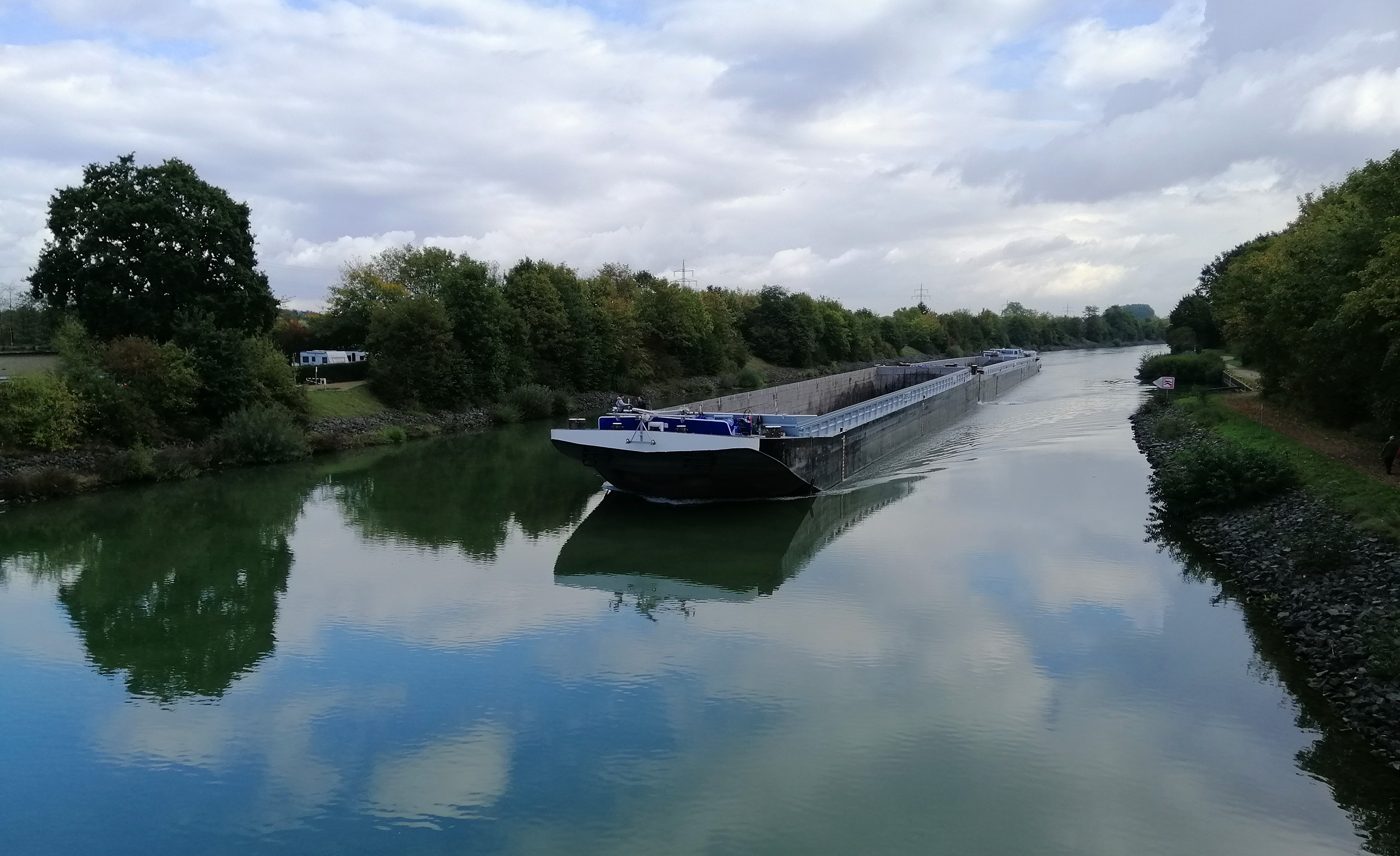Europe’s climate ambitions are reshaping inland shipping in profound ways. With the European Union (EU) tightening rules on emissions and mandating cleaner technologies, inland vessel operators are entering uncharted waters… but are insurance policies keeping pace?
The Compliance Gap
Under the EU’s Renewable Energy Directive (RED II) and FuelEU Maritime regulation, operators are encouraged to switch to sustainable biofuels like Hydrotreated Vegetable Oil (HVO), which can cut emissions by up to 80%. But any vessel that requires an engine replacement must now install a Stage V-compliant engine under the EU’s Non-Road Mobile Machinery Regulation. Bearing in mind that according to recent estimates, more than 80% of Europe’s inland cargo fleet still runs on conventional diesel, this poses a conundrum for insurers.
And at FDR, we have discovered concerning anomalies.
Insurance policies only cover replacement like-for-like conventional fossil-fuel engines. In plain language, this means that, if a fossil-fuel engine is lost, you’re only entitled to get the same back, even if it now makes your vessel non-compliant. In principle, from an insurance perspective, this makes sense, but for the customer who now has a non-compliant engine on board, they are in danger of taking on hefty fines for non-compliance and large retrofit costs to enable having a Stage V-compliant engine on board.
This creates a coverage gap that leaves operators financially vulnerable at the exact moment stability is most needed.
Why Insurance Must Adapt
Simply put, current insurance policies for the replacement of inland vessels’ engines are outdated and not fit for purpose, and could lead to some inland vessel owners facing high bills, and even bankruptcy.
Insurance can be developed in parallel with changing regulations to cover new, costly, and compliant engines, but this has not yet been developed.
Not only will new cleaner engines cost substantially more than traditional engines, but owners face additional costs to configure space onboard vessels to accommodate more dense fuels, which will require greater ‘real estate’.
At a time when insurance broking is becoming increasingly generalised and commoditised, the market’s complexity in facing down the twin challenges of decarbonisation and digitalisation requires the opposite: a more personal, consultative, and collaborative approach.
A recalibrated insurance model would provide more than a safety net for owners, but a systemic change that fits a new world. Regulators, banks, and insurers must work together to avoid a scenario where well-meaning climate policies destabilise an industry that provides critical freight capacity across the EU.
Inland shipping plays an outsized role in Europe’s supply chain resilience: carrying bulk commodities, foodstuffs, and manufactured goods efficiently and with a smaller carbon footprint than trucks. If insurance gaps and financing blockages render large segments of the fleet economically unviable, the EU risks scoring an own goal, and losing this advantage just as it doubles down on its commitments to net-zero.
To navigate this evolving landscape, vessel owners and operators need more than generic coverage; they need tailored solutions built on deep sector expertise. Our team understands the intricacies of inland shipping and the regulatory shifts shaping its future. Contact us today to start a conversation about securing your fleet’s future.




